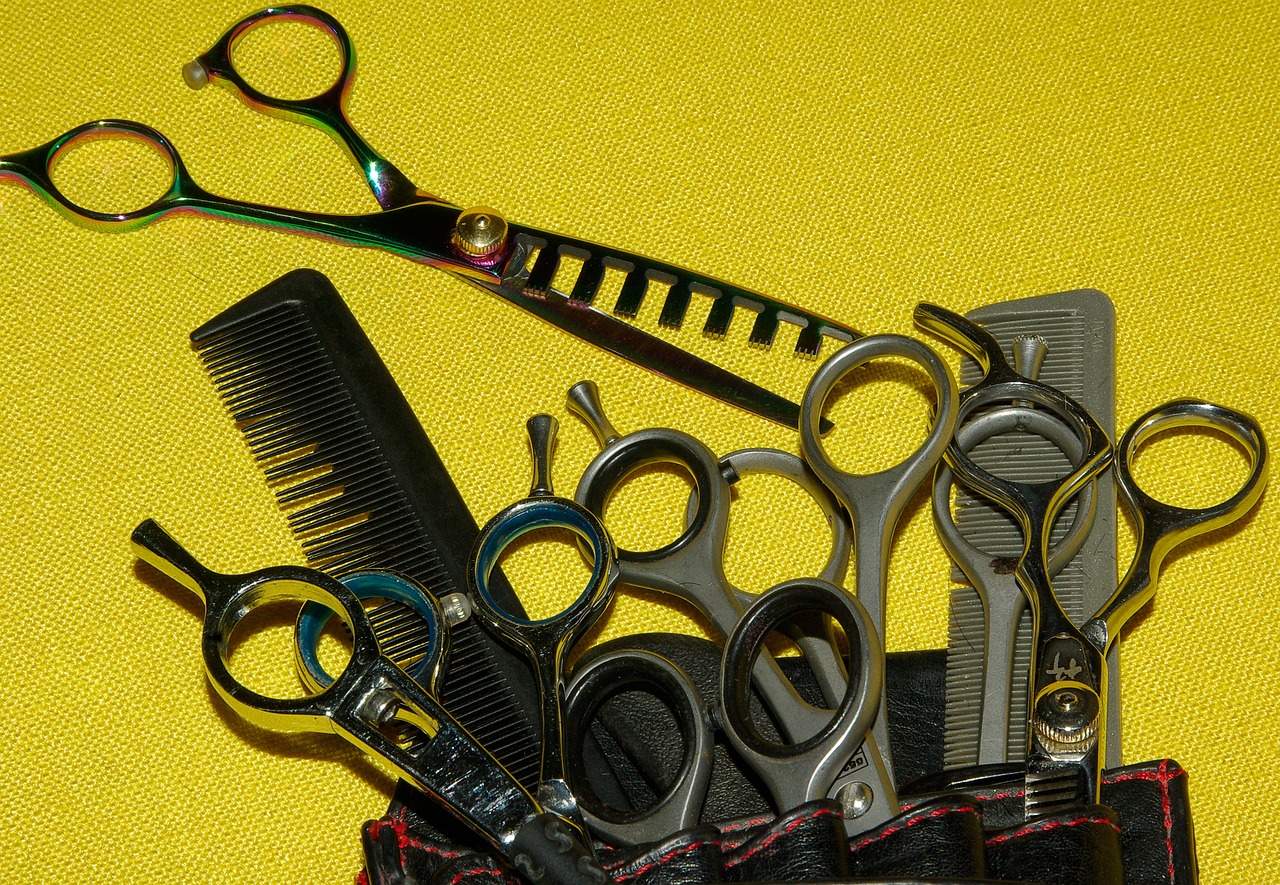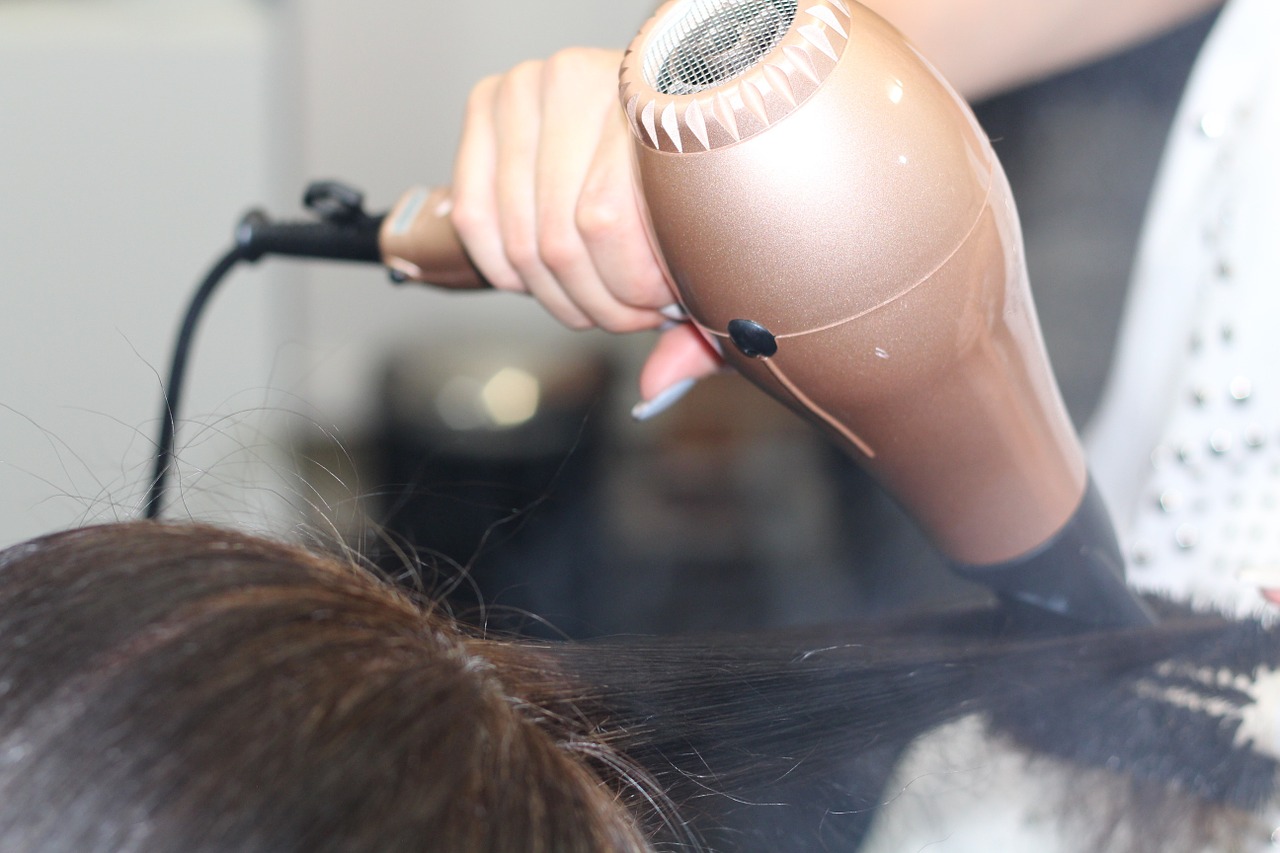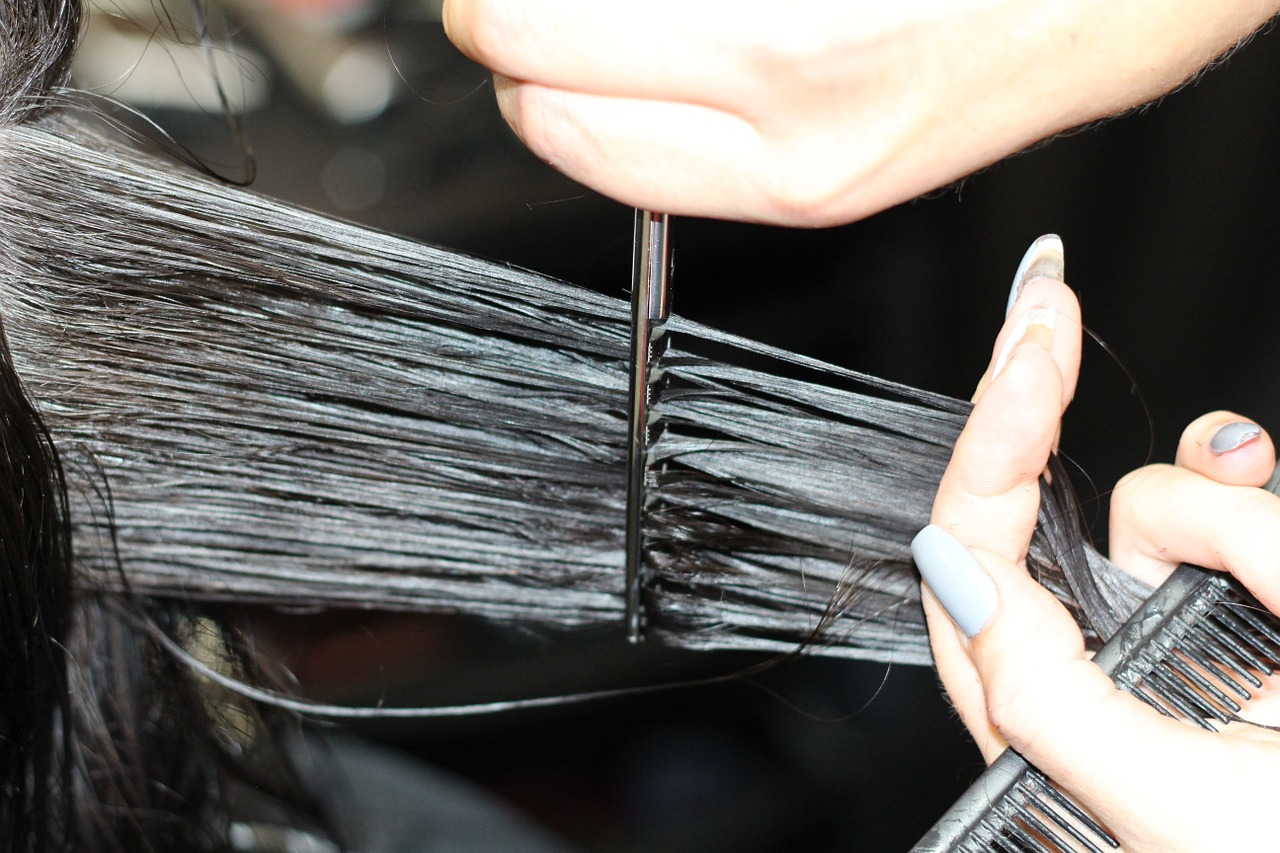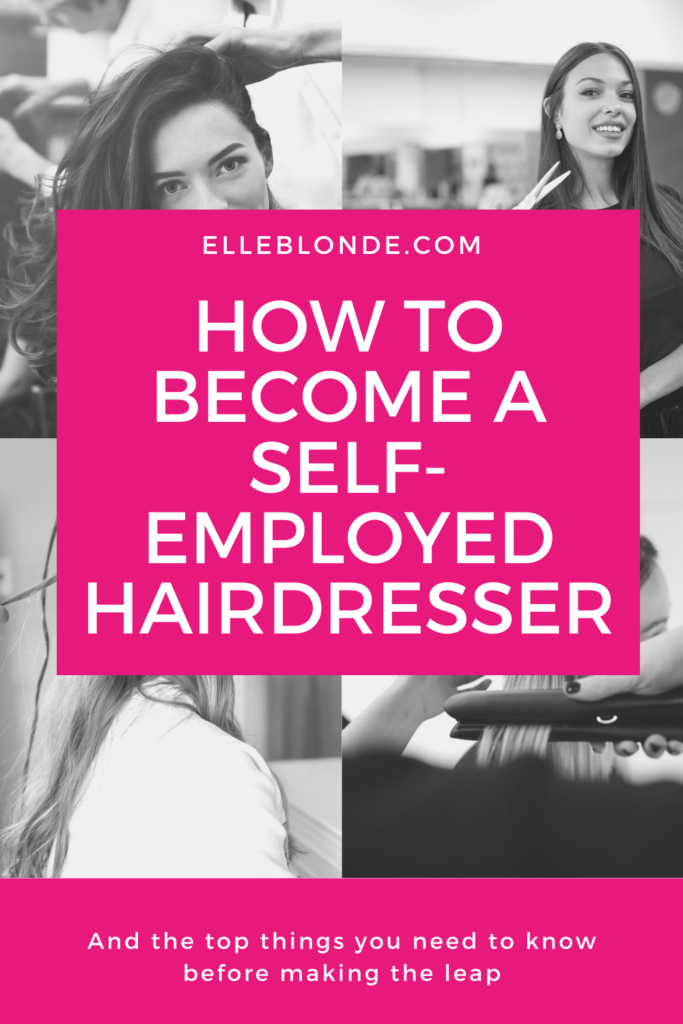There has never been a better time to enter the world of self-employment. However, if you are thinking of setting up as a self-employed hairdresser, there are a lot of things you’ll need to make sure you do before taking the leap and get started.
We’re going to share with 3 of the most important things you’ll need to do before becoming a self-employed hairdresser.

How To Become A Self-Employed Hairdresser
Where will you work?
One of the first things you’ll need to decide is where you will work as a self-employed hairdresser. You typically have three options. These include:
- Working within an existing salon
- Starting your own salon
- Operating as a mobile hairdresser
or most people, starting their own hair salon isn’t a viable option when they’re just getting started. Unless you have a huge budget, it’s just not realistic to start off owning a salon because you need a lot of equipment as well as the cost to buy or lease the premises. When opening your own business, there are many factors and costs that need to be taken into consideration that are sometimes overlooked. Location is a big factor, and choosing the right salon location can be quite difficult if you have little experience.
So, that leaves you with only a few options – apply to work in an existing salon on a self-employed basis or set up a mobile hairdressing business. Of course, you can also explore the option of salon suites for rent in Hales Corners. These salons are fully equipped and provide the support and tools needed to launch your business; this can be a great stepping stone towards owning your own space without the high initial investment. By researching the options available in your area, you set your venture up for success.
Once you have made enough money from your business, and perhaps gained experience and clientele through renting a salon suite, you can then think about opening up your own location if this is the route you’re looking to go down. This approach offers flexibility and can be a more manageable way to transition into running a full-scale salon business.
Once you have made enough money from your business, and perhaps gained experience and clientele through renting a salon suite, you can then think about opening up your own location if this is the route you’re looking to go down. This approach offers flexibility and can be a more manageable way to transition into running a full-scale salon business.

There are pros and cons to both options so it’s worth looking into each of them before deciding which is right for you. Perhaps write yourself a list of each option and list out as many pros and cons as possible to get a better idea.
Choosing the right suppliers
If you’ve decided to work as a mobile hairdresser, or if you have the funds to start your own salon, you’re going to be responsible for buying your own supplies.
There’s a lot of suppliers out there, so it’s worth comparing your options. Look for a supplier which offers affordable prices, but which also has a great reputation such as Capital Hair & Beauty. Buying supplies such as shampoo and hair treatments in bulk can also save you a lot of money in the long term.
When I used to run a dog grooming salon, I initially started off buying the best, most expensive equipment but in hindsight some more affordable or second-hand options would have been just as good. Really think aboutyour budget and how long it’ll take you to recoup your money.

Understanding the legalities of being a self-employed hairdresser
There are legalities you need to consider when and hairdressing is no exception. As well as registering yourself as self-employed, you also need to ensure you’re meeting health and safety guidelines. You may also need insurance to protect you if something goes wrong.
Knowing the legalities and ensuring you follow them will help to ensure your business doesn’t get shut down before it has even started! In terms of insurance, for example, you’ll want to make sure you have public liability insurance and business equipment insurance. You can check the same price comparison sites to check the best prices for these that you use for your car and home insurance.
Related Read;
Attracting clients
If you don’t already have an established client base, you need to think about how you will get customers. One of the most cost-effective ways to attract customers is through social media. This is absolutely free to use and can help fill all of your appointments up. It is worth building your social media pages (primarily Facebook and Instagram) before you go self-employed. If you need help to grow your pages and create a strategy that works then you can download our FREE Social Media Strategy Guide below.

Overall, setting up as a self-employed hairdresser is pretty straightforward. However, you do need to understand the legalities and have some idea of where you want to work. The more research you do before you set up, the more likely you’ll be successful. The above tips and advice are just some of the many things you need to consider before taking the plunge into self-employment.
Something else you must read: Setting up a self-employed pension.
Are you a self-employed hairdresser and have any tips you can share? We’ love to hear them in the comments section below. As always, if you’ve found any value in this article or know somebody who’s looking to become a self-employed hairdresser then we’d love you to share this with them or across your Facebook, Pinterest or Twitter.

